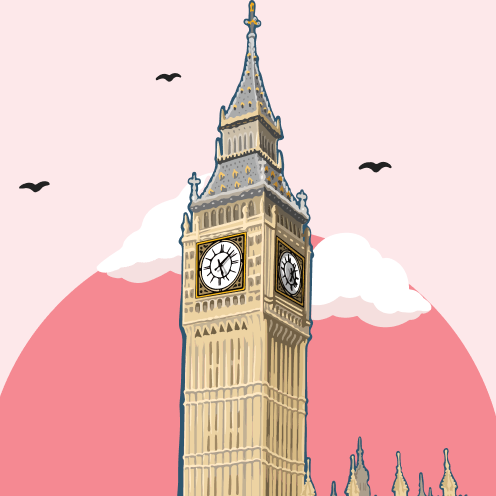Thank goodness that’s over, I gasped last weekend, as the Nepali village of Barun Dovan came into sight.
One final traverse of a makeshift causeway across an incessant river and our trekking party would reach what passes for a road in the highlands of eastern Nepal. A 4×4 vehicle with all the comfort features of a malfunctioning tumble dryer was waiting to take us on a long, winding and bone-jarring journey to the town of Tumlingtar.
Bliss: no more all-consuming focus on each step of every tortuous ascent and descent along what can only loosely be described as a path through the Himalayas. An end to the unequal struggle to extract oxygen from thin air. And the joy of waking somewhere more comfortable than a tent in sub-zero temperatures.
Yet a week on, I already miss the high life: hiking the Great Himalayan Trail against the backdrop of world’s highest mountain range, through deep valleys sculpted by eternity; meeting the superhumans who survive and thrive in an alien environment two or three miles above sea level; and relishing the camaraderie of friends who support each other through the frailties that high altitude exposes.
Much against my better judgement, I am already dreaming of another adventure at altitude. And you might wish to do the same.
The concept of a long walk uphill came to me late. Until I turned 38, the concept of walking in high places, let alone scaling a substantial mountain, seemed a preposterous notion. I have a profound fear of heights, and had only recently given up cigarettes after a couple of decades of heavy smoking.
But in 1994, a coincidence of a low-cost flight deal and a guidebook mention persuaded me to try. Early in that year Royal Brunei Airlines offered spectacularly cheap flights to Australia. For £560, I could fly from London Heathrow to Perth in Western Australia and return from Darwin in the Northern Territory. A stopover in the tiny nation of Brunei came free.
Adjacent to this oil-rich state is the Malaysian state of Kinabalu, which offers the best beaches in Borneo. My Lonely Planet guide recommended an ascent of south-east Asia’s highest peak, Kinabalu (13,440ft). The book made it sound manageable and rewarding. The climb proved terrifying (not least because my only footwear was sandals) and exhausting (rising in the early hours to reach the summit). Yet dawn that morning revealed natural magnificence that had eluded me for decades.
It’s been all uphill since then.
Three years on, the Inca Trail took me across Dead Woman’s Pass (13,828ft) as the start of a search for Vilcabamba – the last refuge of the Inca emperors.
In 2006 I ascended Toubkhal, the highest peak in North Africa (13,670ft): surprisingly accessible from Marrakech and, that February, requiring crampons to reach the summit.
The following year, the target was Mount Kenya – slightly shorter than much more celebrated Kilimanjaro, and with a “trekkers’ peak” (17,057ft) for those – like me – who lack the aptitude and the technical skills for proper mountain climbing.
Worst of all: in 2014, my lifetime friend and actual Everest summiteer Graham Hoyland persuaded me to try Aconcagua, the highest peak in the southern hemisphere (22,840ft). All I can say is: it was an experience that continues to enhance my appreciation of every aspect of normal life.
Which is why, a decade on, I was lured to the Himalayas for the first time. Fortunately, the organisation chosen by Graham, Visit Himalaya Treks, was outstandingly professional and caring. We all made it back (after some considerable disarray due to cancellations at Kathmandu airport).
Better late than never: this is travel at its most intense.
Simon Calder, also known as The Man Who Pays His Way, has been writing about travel for The Independent since 1994. In his weekly opinion column, he explores a key travel issue – and what it means for you.
Source: independent.co.uk



